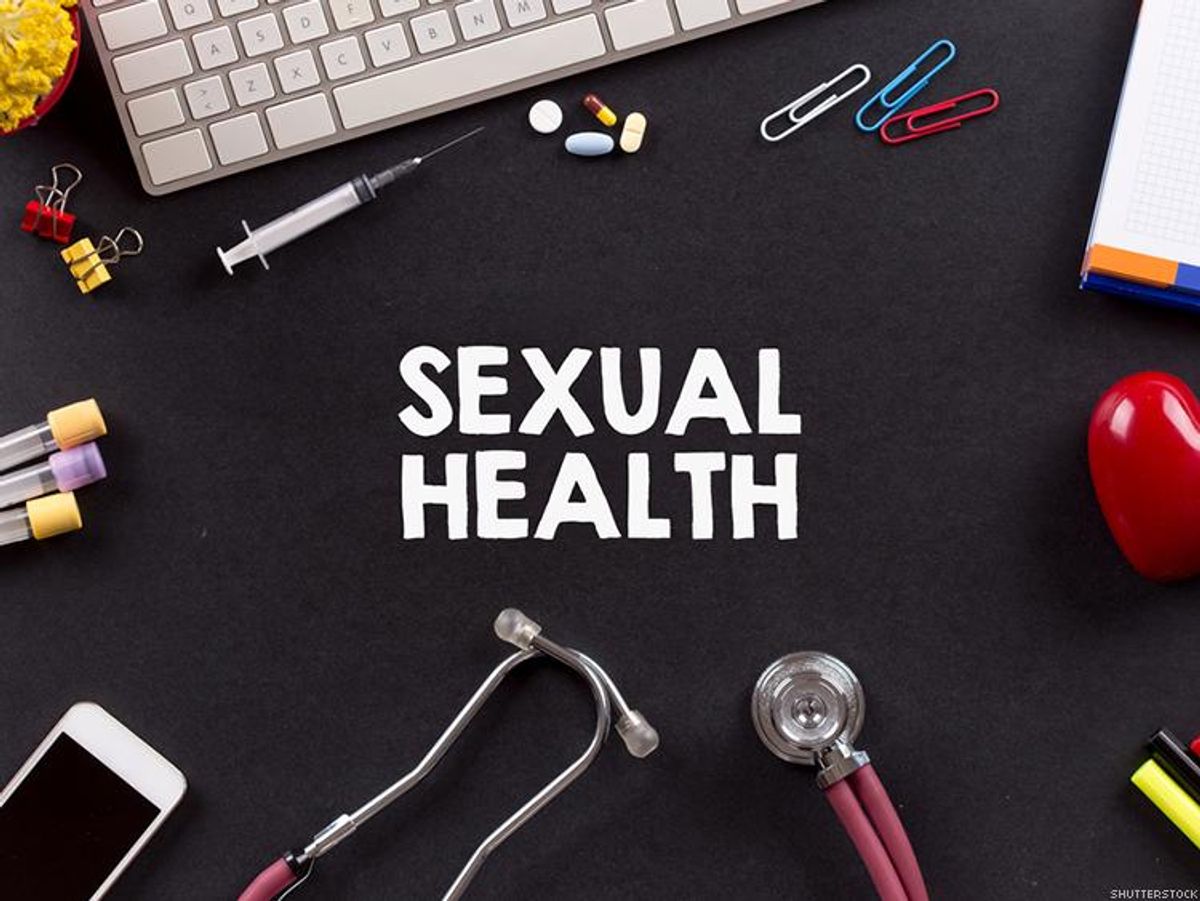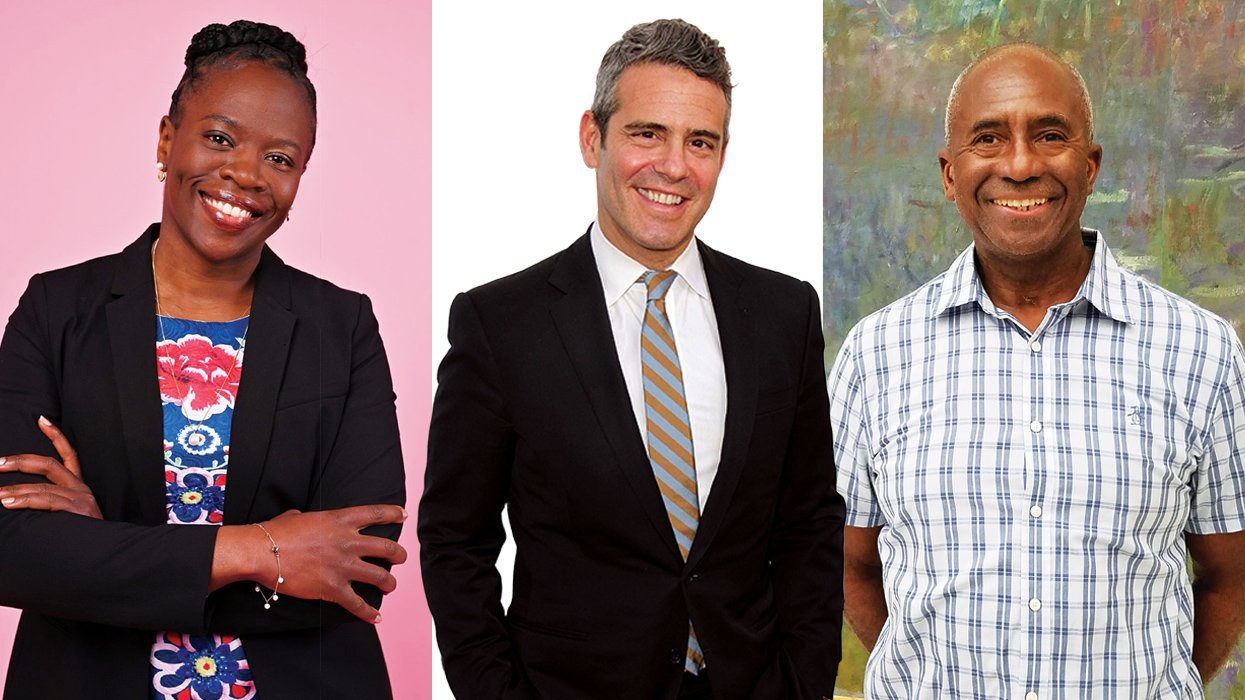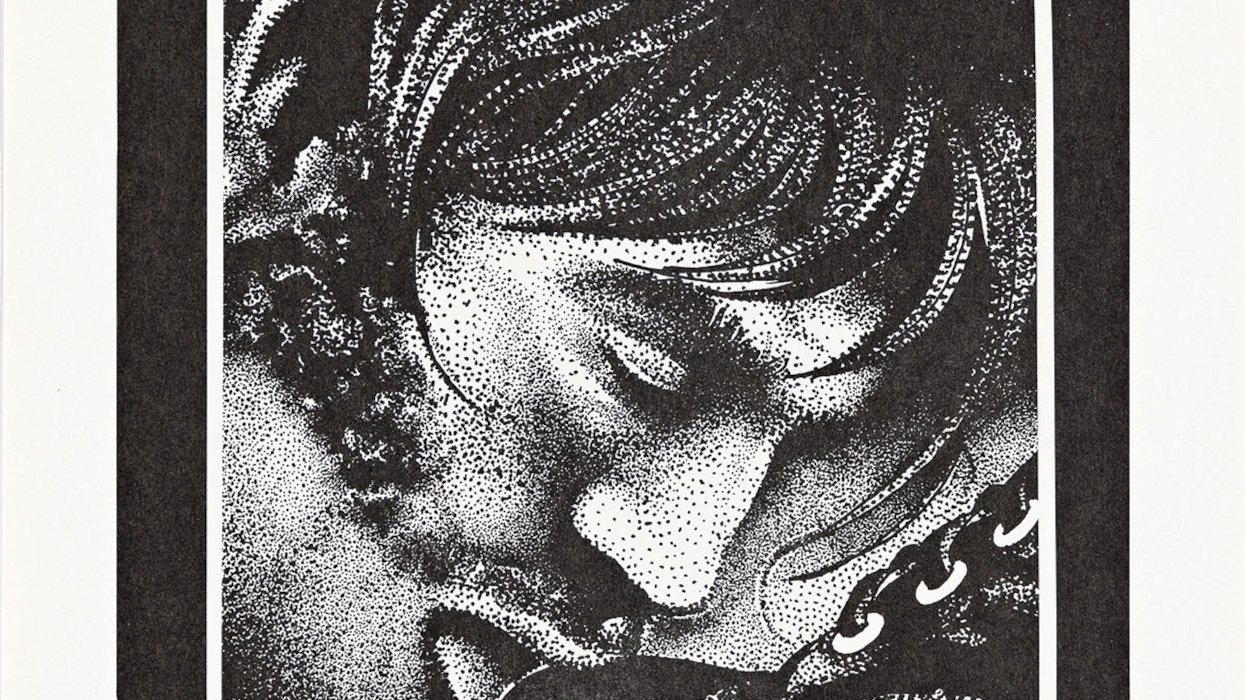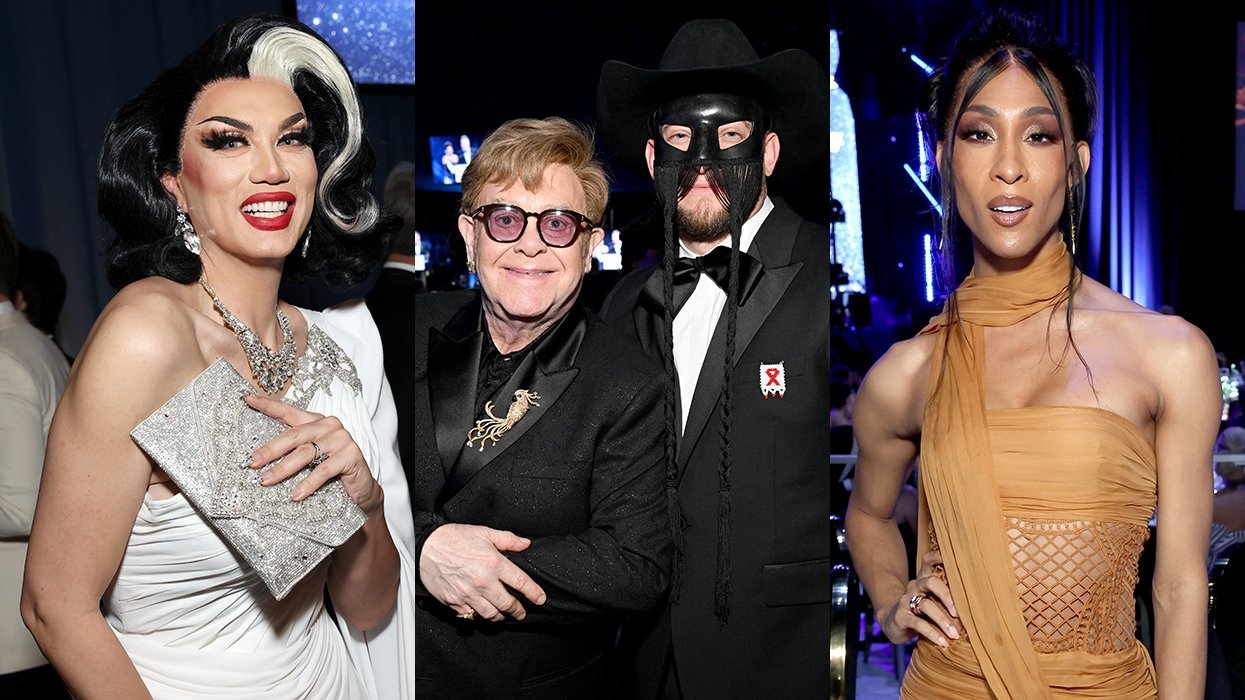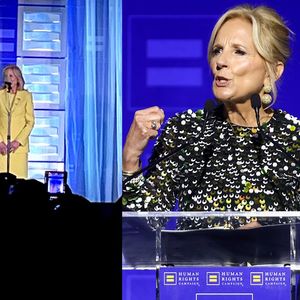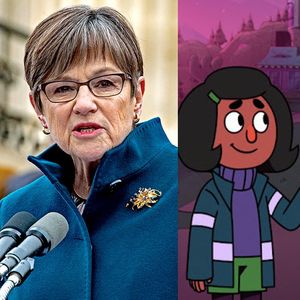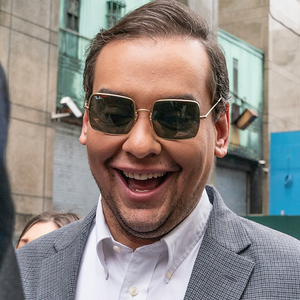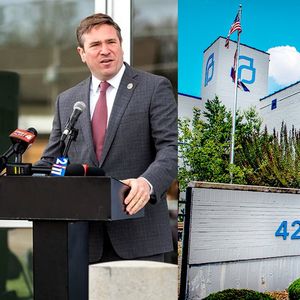At the last Creating Change, a session on the sexual health care rights of young people gave me hope. Amidst all the strategizing and anxiety of the weekend — on the eve of a new administration taking office—young queer activists were sharing their remarkable experiences of advocacy in their own communities.
I thought back to this session last Monday, on National Youth HIV&AIDS Awareness Day (NYHAAD), a day to educate the public about the impact of HIV on young people and the important work young people are doing in response. I remembered feeling that, despite the uncertainty of a new administration, there was reason for optimism with these young activists so passionately engaged.
It’s the other part of NYHAAD — increasing public awareness about the impact of HIV and AIDS on young people — that also gives me pause. Awareness is not enough. What are we telling young people when we say we want to make the public aware of a problem directly affecting them, but then do nothing concrete about it? What message do we convey when we highlight transmission rates and the fact that, for many young people — mostly young Black gay men — things are actually getting worse, but then we not only provide no solutions or help, we actively obstruct their attempts to remedy the situation?
NYHAAD highlights the need for comprehensive, shame-free, medically- and culturally-competent sexual health care to address the HIV epidemic. Treatment alone is not enough, though. Waiting until a young person receives a diagnosis is too expensive in human terms alone; it increases risk of poor health outcomes, even early death, and eliminates their agency.
Prevention must play a key role as well. Young people need free, broad access to sexually transmitted infection (STI) and HIV screenings and treatment, safer sex tools like condoms and pre-exposure prophylaxis (PrEP). The key ingredient, however, is sexual health literacy—an essential part of informed use of these services and individual, sexual autonomy.
Sexual health literacy includes guidance on topics like STI and HIV transmission, prevention, and care; healthy relationships, consent, and recognition of abuse; the continuum of sexual orientation and gender identity and expression (SOGIE); and the harmful effects of SOGIE-based stigma and violence. Some young people receive “sex ed.” in schools, but it’s rarely comprehensive, many states have no requirement that information provided be medically accurate, and some states even require students receive negative information on non-heterosexual sexual activity. For queer kids in detention, it’s even worse: much higher risks of STIs and other health issues, much lower possibility that any form of sexual health care and literacy services will be available.
Sexuality is a fundamental part of who we are, and sexual health care is a medical issue we all share. This is no less true for young people, regardless of whether or not we choose to give them the support and services they need. Young people have an inalienable right to comprehensive and affirming sexual health; it’s not just something that would be nice to have. Can you imagine helping young people manage their diabetes without explaining to them the significance of diet, nutrition, and a healthy lifestyle, how they can take charge of staying alive and healthy? We should treat sexual health no differently, and, health departments should be taking the lead on this public health issue – particularly in places where the state has custody of our young people and a corresponding obligation to provide for all aspects of their care. That is why The Center for HIV Law and Policy has launched a campaign to demand these services.
If we don’t demand comprehensive sexual health care for all young people, NYHAAD can be a cruel joke. Awareness signals the creation of responsibility. But we should not set young people up to fail.
Pepis works at the Center for HIV Law & Policy to uphold the sexual health rights of young people in state custody and to end HIV criminalization. He received his J.D. from the Georgetown University Law Center.
